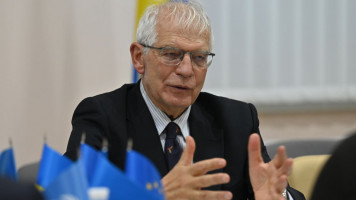UK media regulator bans 'Saudi propaganda adverts' on British television
Ofcom ruled against allowing the kingdom to air such messages, after a controversial minute-long advert promoting new Saudi 'reforms' was broadcast 56 times in three days on Sky 1, during a visit to the UK by Crown Prince Mohammed bin Salman.
The media regulator said the advert, which were paid for by the Saudi Centre for International Communication - part of Saudi Arabia’s ministry for culture and information - violated the UK’s strict laws on paid political advertising, branding it an attempt by Riyadh to influence British public opinion.
“The broadcast of the advertisement was intended to influence public opinion in the UK on matters of public controversy,” the regulator said.
The ruling, though specifically focused on one advert which showed images of Saudi women driving, cinemas being reopened and members of the Saudi royal family, took into account “freedom of speech, human rights and women’s rights” in the kingdom, as well as “the sale of UK weapons to the kingdom and the kingdom’s involvement in the Yemeni civil war”.
The ban excludes advertising on the internet, billboards or in newspapers, all of which were avenues explored by the Saudi government in a £1 million ($1.4 million) PR campaign during the royal visit to the country, according to UK-based Campaign.
At the time of the visit, Human rights group Amnesty lambasted the image-conscious leader's domestic reform programme as a powerful PR campaign glossing over the country's abysmal human rights record, releasing a spoof advertising campaign mocking the publicity frenzy surrounding the prince's US tour.
"Saudi Arabia's aggressive publicity drive to rebrand its image, tarnished by a ruthless crackdown on freedom of expression and a bombing offensive in Yemen, is fooling nobody," the group said in a statement.
The UK has licensed £4.6 billion ($6.3 billion) worth of arms to Saudi Arabia since it began a controversial military intervention in neighbouring Yemen that has killed more than 10,000 people since March 2015.

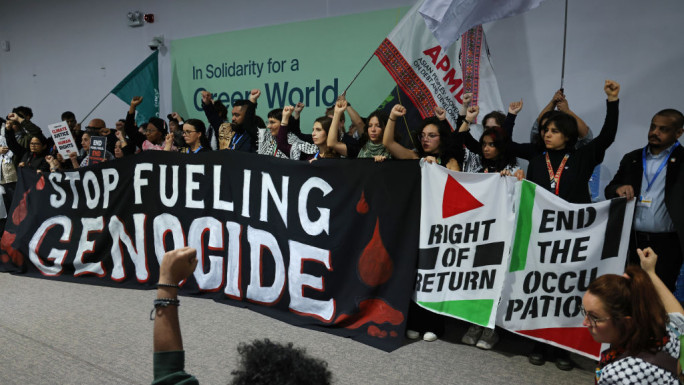

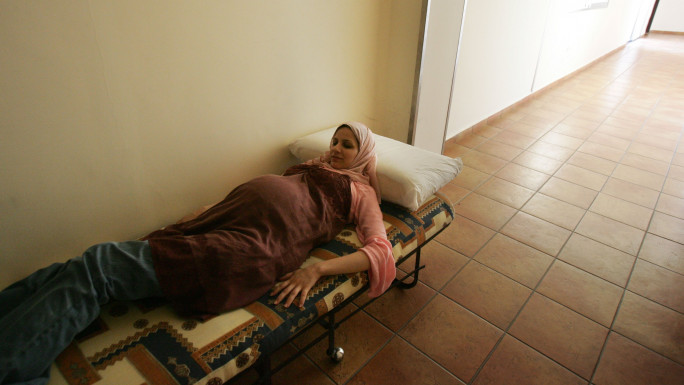
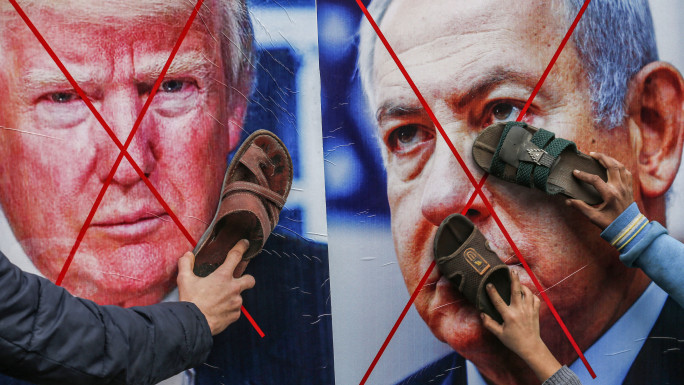
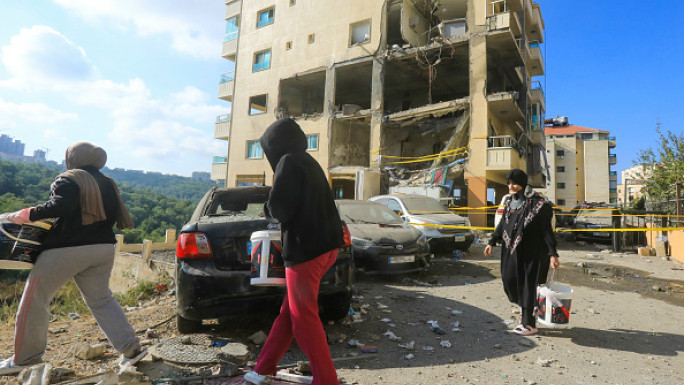
 Follow the Middle East's top stories in English at The New Arab on Google News
Follow the Middle East's top stories in English at The New Arab on Google News
![Gazans reel after Israel strike [Getty]](/sites/default/files/styles/image_330x185/public/2183300682.jpeg?h=a5f2f23a&itok=fN-GAQGE)

